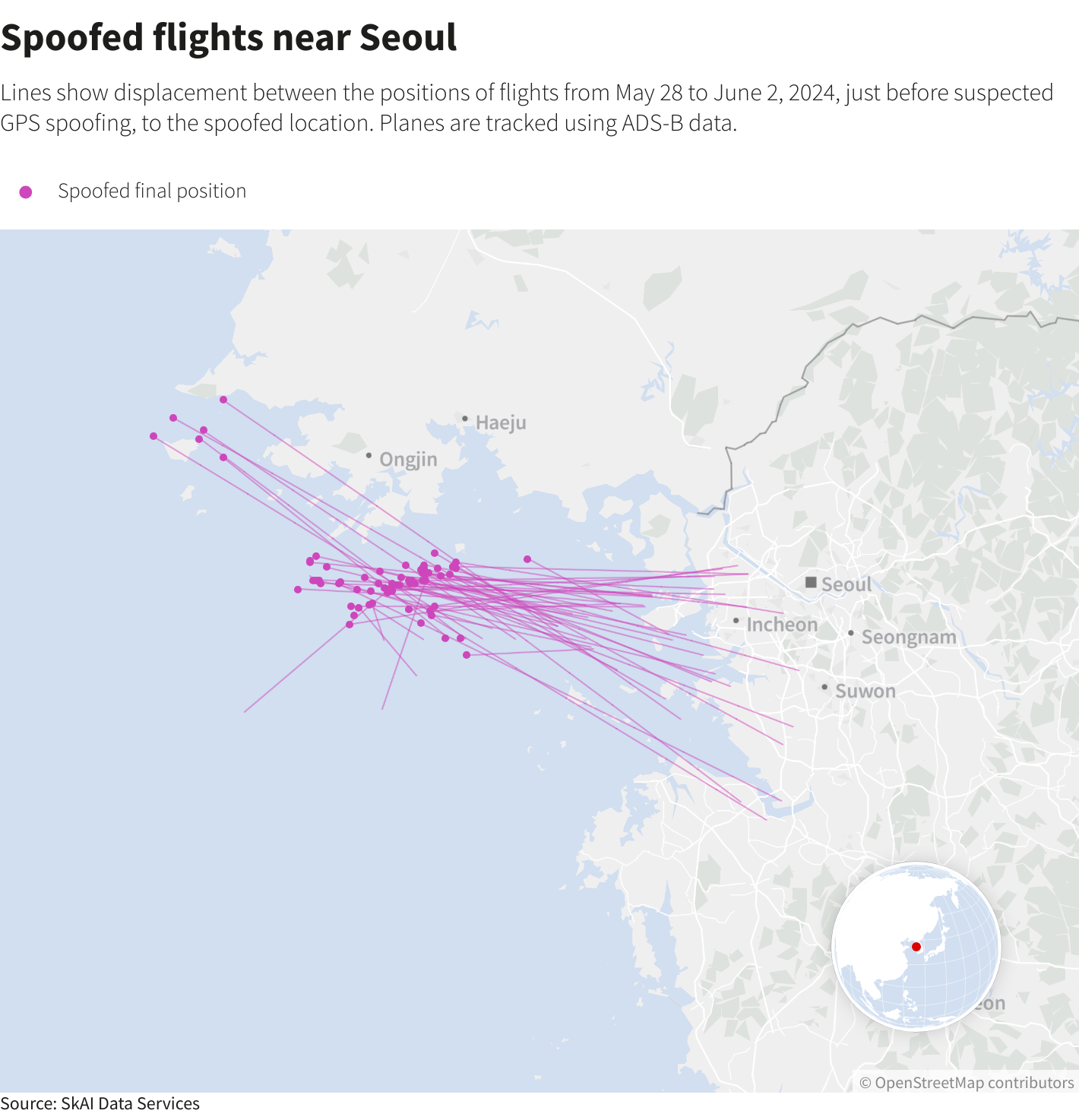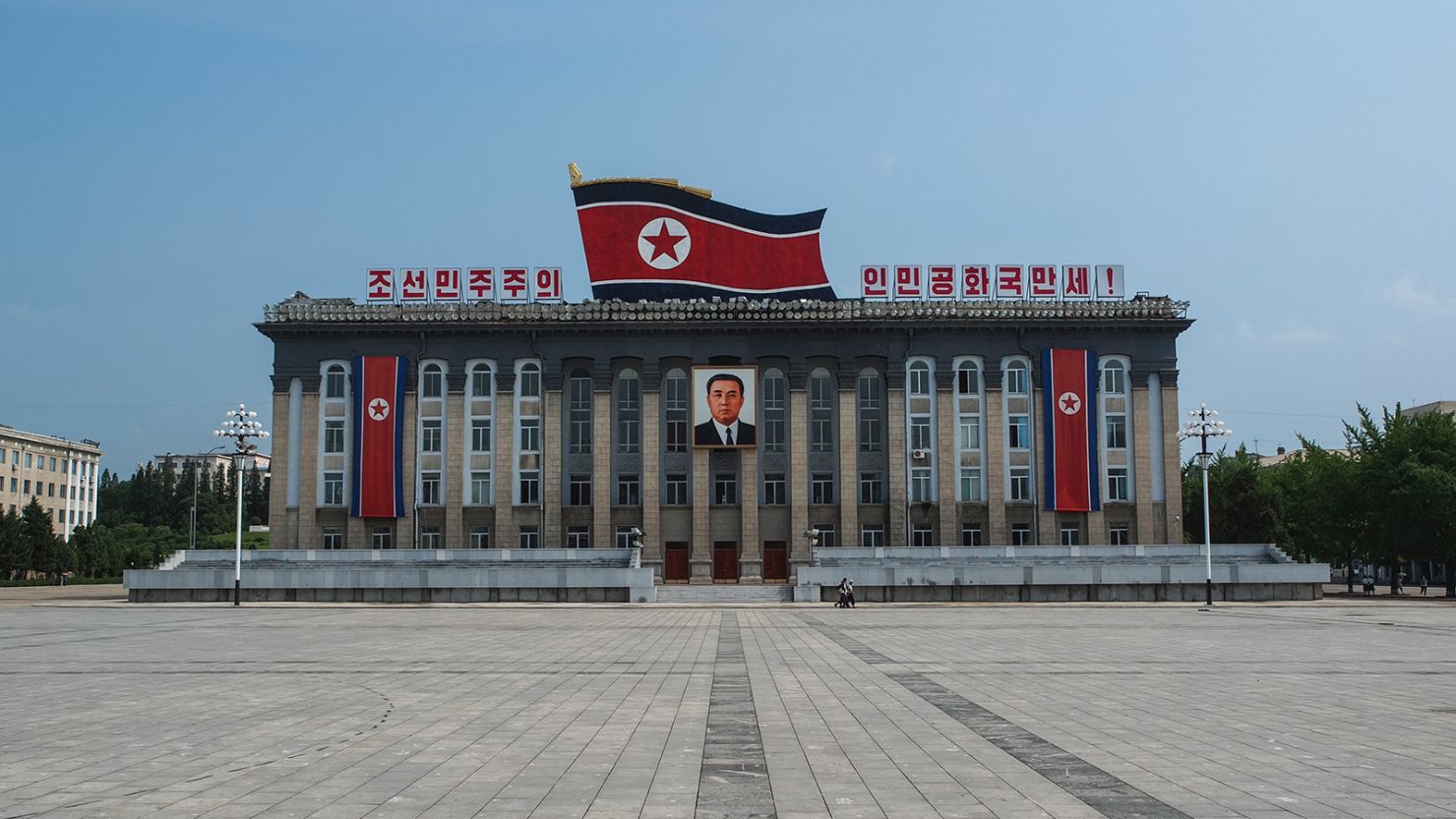New revelations indicate that the South Korean military sent drones into North Korean airspace during a period of heightened tensions, igniting serious concerns over national security and military accountability. According to MBC News, internal military sources confirm that these operations were not only approved but that they were intended to provoke North Korea, potentially setting the stage for a military escalation.
Military"s Dangerous Strategy Exposed
Reports from military insiders reveal that last October, South Korean drones breached North Korean airspace multiple times, distributing anti-regime leaflets. The North Korean response was predictable, labeling the incursions as a "serious military provocation." Yet, the South Korean government maintained a stance of denial, failing to acknowledge their involvement publicly.
Internal Confessions Raise Alarms
Eyewitness accounts from military personnel, as reported by MBC, suggest that the intent behind sending these drones was to gauge North Korea’s response and potentially manufacture a justification for declaring a state of emergency. This alarming strategy of using provocative tactics to manipulate public perception raises serious ethical questions about military conduct and governance.

North Korea balloons, GPS interference raise safety ris…
Political Implications of Military Decisions
The implications of these revelations extend beyond military tactics to the political landscape. Former Defense Minister Kim Yong-hyun"s reported approval of further drone operations, even after acknowledging their risks, showcases a troubling trend of prioritizing political gains over national security. This behavior not only undermines the credibility of military leadership but also intensifies the already precarious situation on the Korean Peninsula.
Public Backlash and Accountability
With a growing public outcry against these reckless military provocations, approximately 78% of South Koreans now support boycotting government actions that could escalate tensions with North Korea. The military’s admission, as detailed in reports, has led to calls for accountability from both the government and military officials involved in these decisions.

South Korea may be open to solo travel to North Korea | CNN
Technological Consequences of Military Actions
The use of drones in military operations raises critical questions about the implications of technology in warfare. Drones, while offering strategic advantages, pose risks of miscalculation and unintended escalation. Allowing military decisions to be driven by technological capabilities, rather than strategic necessity, could lead to disastrous outcomes for both nations. As military technology evolves, so too must the frameworks that govern their use in conflict.



![[Video] Gunfire between Iraqi security forces and Sadr militias in Baghdad](/_next/image?url=%2Fapi%2Fimage%2Fthumbnails%2Fthumbnail-1768343508874-4redb-thumbnail.jpg&w=3840&q=75)
